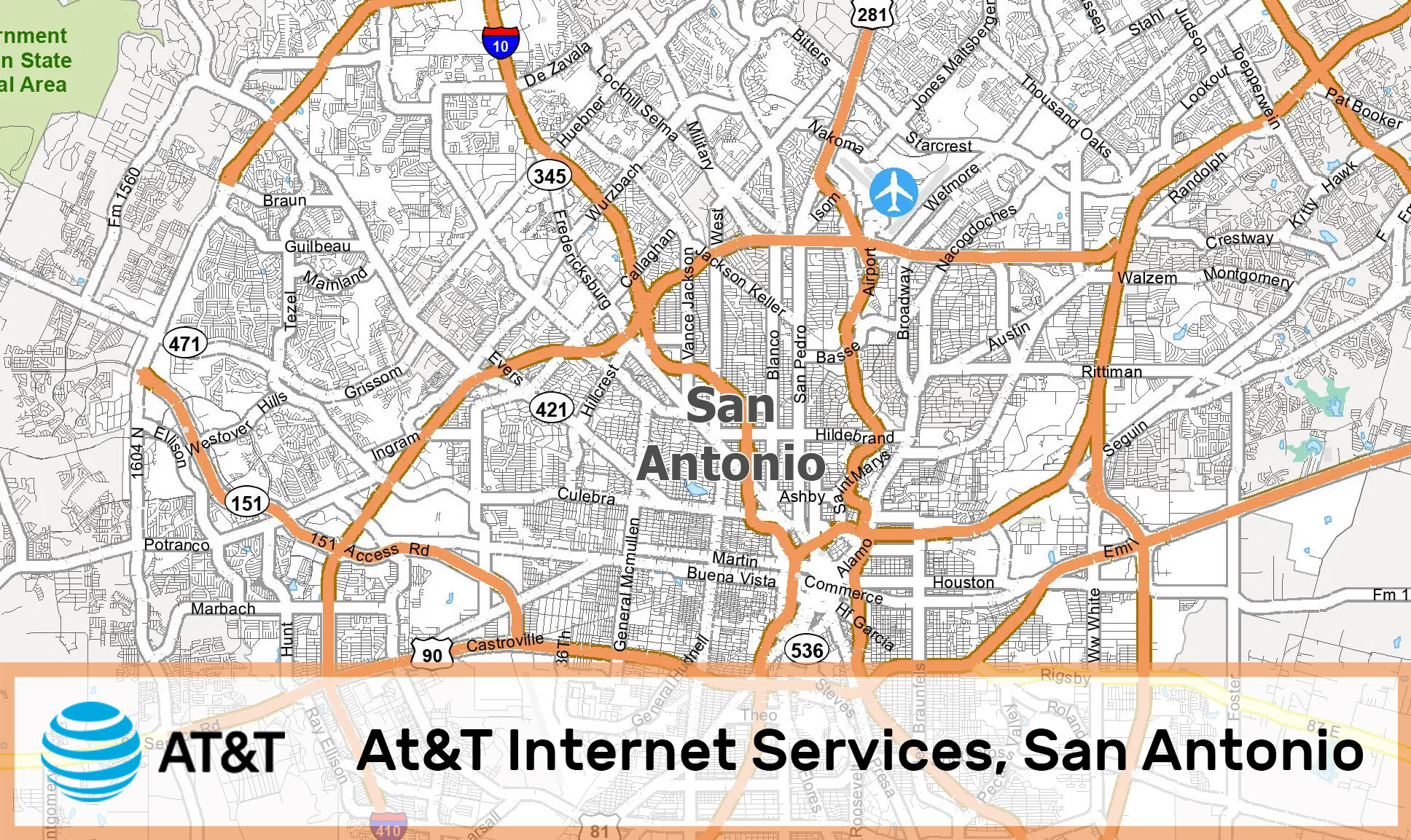When shopping for a home internet connection, there are many things that you need to consider; price, bandwidth, data cap, uptime, downtime and, of course, speed.

Choosing the right internet speed for your home can be tricky, but understanding your needs makes it easier. Here’s a comprehensive guide to help you determine the best speed for your home internet connection.
Internet speed is measured in two metrics:
For most home users, download speed is more critical since activities like streaming, browsing, and gaming rely heavily on it.
Your internet speed requirements depend on your online activities, the number of users, and the number of devices connected. Here are some general guidelines:
A good rule of thumb is to start with at least 25 Mbps and adjust based on the number of users and usage type. For households with multiple users and devices, higher speeds are recommended to avoid buffering and slowdowns.
More users means higher bandwidth requirements. Each user adds to the total data consumption, especially during peak usage times.
Activities like video streaming, online gaming, and video conferencing require higher speeds than simple browsing and emailing.
Multiple devices, such as smartphones, tablets, smart TVs, and gaming consoles, increase the need for higher speeds to maintain smooth performance.
Smart home devices like security cameras, smart thermostats, and voice assistants add to the bandwidth usage.
When shopping for a home internet connection, consider factors like price, bandwidth, data cap, uptime, and downtime in addition to speed. Here are some tips:
Use comparison tools and websites like KonectEaze to find the best deals in your area.
Some ISPs impose data caps that can limit your internet usage. Opt for plans with high or unlimited data caps to avoid additional charges.
Bundling internet with other services like TV and phone can offer cost savings.
Check customer reviews and ratings for reliability and customer service.
Even with a good internet plan, you can take steps to ensure you get the best performance:
Upgrade to a modern router that supports the latest Wi-Fi standards.
Place your router in a central location, free from obstructions, to ensure even coverage.
Use strong passwords and enable encryption to prevent unauthorized access and maintain speed
Manage devices and applications that consume bandwidth in the background.
Choosing the right internet speed for your home involves understanding your usage needs and the factors that influence speed requirements. By considering your household's activities, number of users, and devices, you can select an appropriate internet plan that ensures smooth performance. Additionally, optimizing your network setup can enhance your internet experience. For more information and to compare internet options, visit KonectEaze.

24/07/2018
One of the biggest retail days,Amazon Prime Day…had a rocky start. After that,Amazon struggled to handle the influx of visitors on its special day.
Read More
27/03/2024
Starlink pioneers high-speed internet via a constellation of satellites by Elon Musk, revolutionizing internet access worldwide.
Read More
26/08/2021
What are you waiting for? Check the available AT & T Internet Providers in your area through KonnectEaze and enjoy the most reliable internet services.
Read More